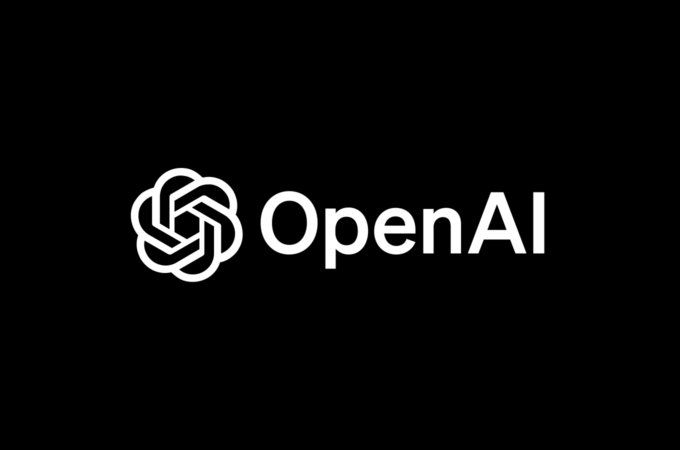
OpenAI Strengthens Security with Appointment of Former NSA Chief Paul Nakasone to Board
OpenAI, a leading artificial intelligence research and deployment company, has announced the appointment of retired U.S. Army General and former National Security Agency (NSA) Director Paul M. Nakasone to its Board of Directors.
Paul Nakasone brings a wealth of experience to OpenAI, having served as the longest-standing leader of the U.S. Cyber Command and as the director of the NSA. His tenure at these institutions underscores his expertise in cybersecurity and technology advancement, particularly in protecting national digital infrastructure and advancing cyber defense capabilities. Nakasone’s extensive background will be instrumental in guiding OpenAI through the evolving landscape of cybersecurity threats associated with AI technologies.
As his first priority, Nakasone will join OpenAI’s Safety and Security Committee. This newly formed committee is tasked with evaluating and enhancing the company’s safety protocols and making critical security recommendations to the full Board. Over a 90-day period, the committee will scrutinize OpenAI’s processes and safeguards, subsequently updating the public on their findings and proposed improvements.
Nakasone’s addition to the committee is timely, as OpenAI seeks to address growing concerns about the security of its AI systems. Recent scrutiny from former employees and industry experts has highlighted potential vulnerabilities in OpenAI’s products and practices. By leveraging Nakasone’s insights, OpenAI aims to strengthen its defenses against sophisticated cyber threats and ensure the secure deployment of its AI innovations.
OpenAI has faced criticism from some of its current and former employees, who allege that the company has prioritized profit over the safety of its AI products. High-profile departures, including those of co-founder Ilya Sutskever and safety team leader Jan Leike, have intensified these concerns. Critics argue that the company’s security measures are insufficient to prevent foreign entities from compromising its technology.
In response, OpenAI has announced plans to hire more security engineers and increase transparency about its security strategies. Nakasone’s appointment is part of a broader effort to reinforce OpenAI’s commitment to security and reassure stakeholders of its dedication to protecting its innovations.
Nakasone’s insights will also be valuable in exploring how AI can enhance cybersecurity. AI technologies have the potential to revolutionize cyber defense by enabling rapid detection and response to cyber threats. OpenAI believes that AI can deliver significant benefits in this area, particularly for institutions frequently targeted by cyber attacks, such as hospitals, schools, and financial organizations.
By integrating Nakasone’s expertise with OpenAI’s cutting-edge AI research, the company aims to develop robust solutions that can strengthen cybersecurity across various sectors. This approach aligns with OpenAI’s broader vision of using AI to address critical challenges and improve societal well-being.




